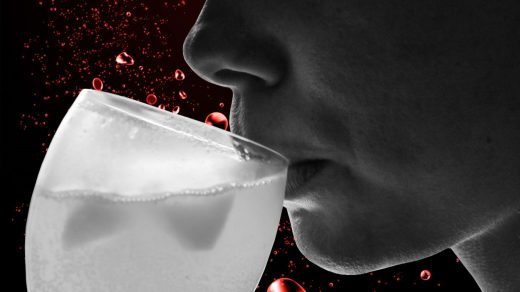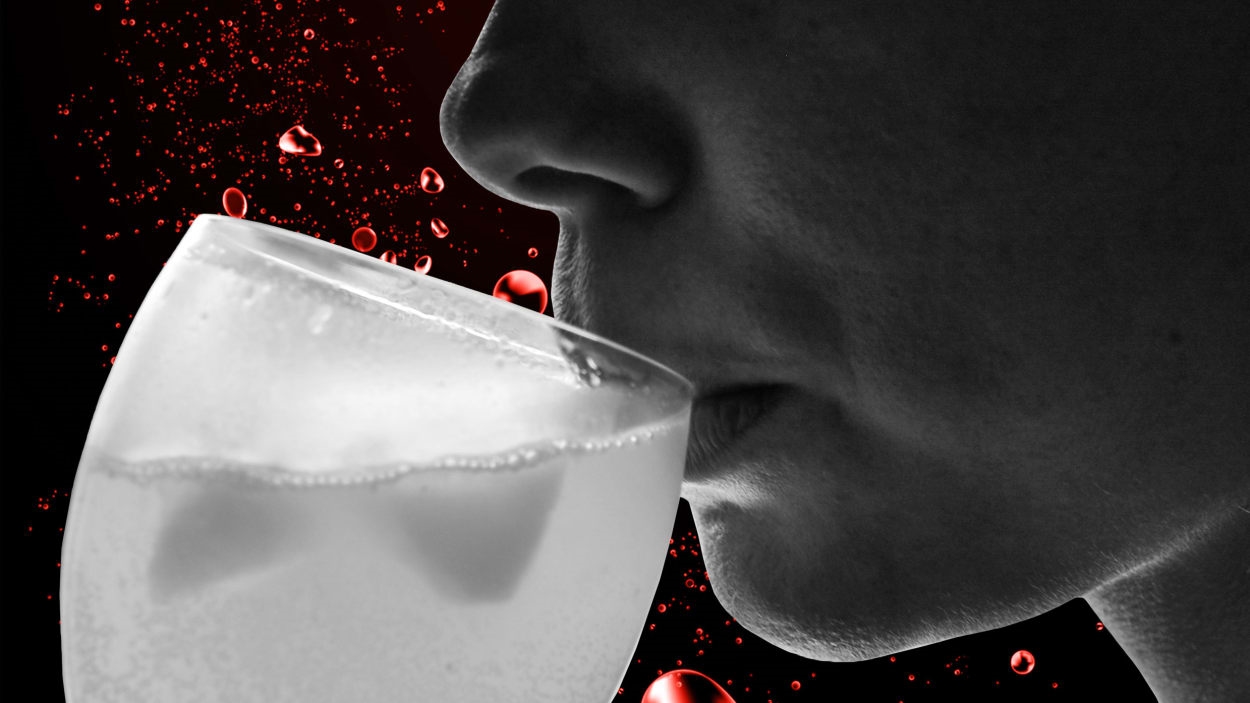More women are dying from alcohol. No, it’s not because of ‘mommy wine culture’
Women are consuming more alcohol than ever, and they’re also dying more from alcohol-related deaths. According to a new study, published by JAMA’s Substance Use and Addiction, men were 2.88 times more likely to die from alcohol-related deaths than women, but there is an upward trend for both genders. Perhaps the most startling part of the new research was how quickly the death rate rose among women.
Between 2018 and 2022, women saw the rate increase by 14.7%. During the same time period, the rate for men increased by 12.5%. While the upward movement is unsettling, the research didn’t even account for deaths from injuries, homicides, or death indirectly linked to alcohol use.
Alcohol impacts women’s bodies differently than men’s, and women take longer to metabolize it, which makes them more prone to certain types of alcohol-related illnesses. That’s why health professionals have long urged women to monitor their alcohol consumption more closely. “Healthy” drinking for women is considered no more than seven drinks a week, or one a night. Men have to drink more than twice as much for their drinking to be considered problematic.
Regardless of the recommendations largely staying the same, it’s undeniable that women are drinking more than ever. While historically, men have always consumed alcohol at higher rates than women, for the first time, that’s not true anymore. For years, research was starting to show women closing the gap. Then, in 2016, research that looked at 16 different studies found that women were drinking as much as men. Women are now out-drinking men when it comes to binge-drinking, according to Dr. George F. Koob, director of the National Institute on Alcohol Abuse and Alcoholism.
Isolation and stress: a dangerous cocktail
Isolation drove higher drinking rates across the board during the pandemic, but one interesting study from 2019 showed that women are more inclined than men to drink as a way of coping with stress. If women are drinking more than ever, and even dying more from alcohol-related deaths, then it feels safe to say that women are perhaps more stressed than they have ever been.
And you don’t have to look too far to see women coping with hefty pours just about everywhere.
Peek through your neighbor’s social media window—or perhaps their real window—and you’ll find women are self-medicating with booze. While you might not think much about encountering moms with to-go cups of wine at their kids’ soccer games, thanks to an array of playful memes and the emergence of the not-so-adorably-dubbed “mommy wine culture,” women and alcohol seem to always be together.
Those chuckle-inducing memes were once viewed as a necessary movement that helped make moms feel better about their drinking (because if everyone is doing it, then your own drinking can’t be that bad), but they’re being looked at through a more critical lens in recent years, as concern around women’s alcohol consumption has been growing. For instance, there are dozens of podcasts on the subject hosted by women who have quit or curbed their drinking after it became problematic. There have likewise been a number of fascinating and thoughtful essays written by moms who bought into the “mommy needs a drink” vibe, only to have their drinking cause them health issues—or upend their lives.
This latest bit of research is bound to have more women examining their own alcohol consumption and the social media movement that helped enable it.
Still, while it may be helpful to continue looking at the way women talk about their addictions, what we definitely shouldn’t ignore is how women’s stress drives it. Because while memes and boozy playdates might help women feel better about their collective alcohol abuse, they’re not the root cause of what makes women reach for a drink.
Recent data from the workforce management company UKG revealed that women are far more likely to rate their overall mental health as average, poor, or very poor than men. Forty-three percent of women responded this way, compared to just 15% of men. They aren’t just stressed about their home lives, either—they’re deeply stressed about work. Twenty-one percent of women said that their work is negatively impacting their overall mental health, compared with 13% of men. They also work more overtime than men, and are twice as likely to report “rarely, if ever” taking time off of work.
If women are more stressed about work, and they’re doing more unpaid labor at home (which they always are), then they’re basically just stressed all the time. There’s no question about why they feel the need to drink to unwind—they’re depleted and overwhelmed no matter what.
There are plenty of questions, however, about why no one is taking notice. Sure, it might be easier to blame the memes and the giggles, but that essentially assumes that women are at fault for a situation they didn’t create, but are just trying desperately to navigate.
(13)



